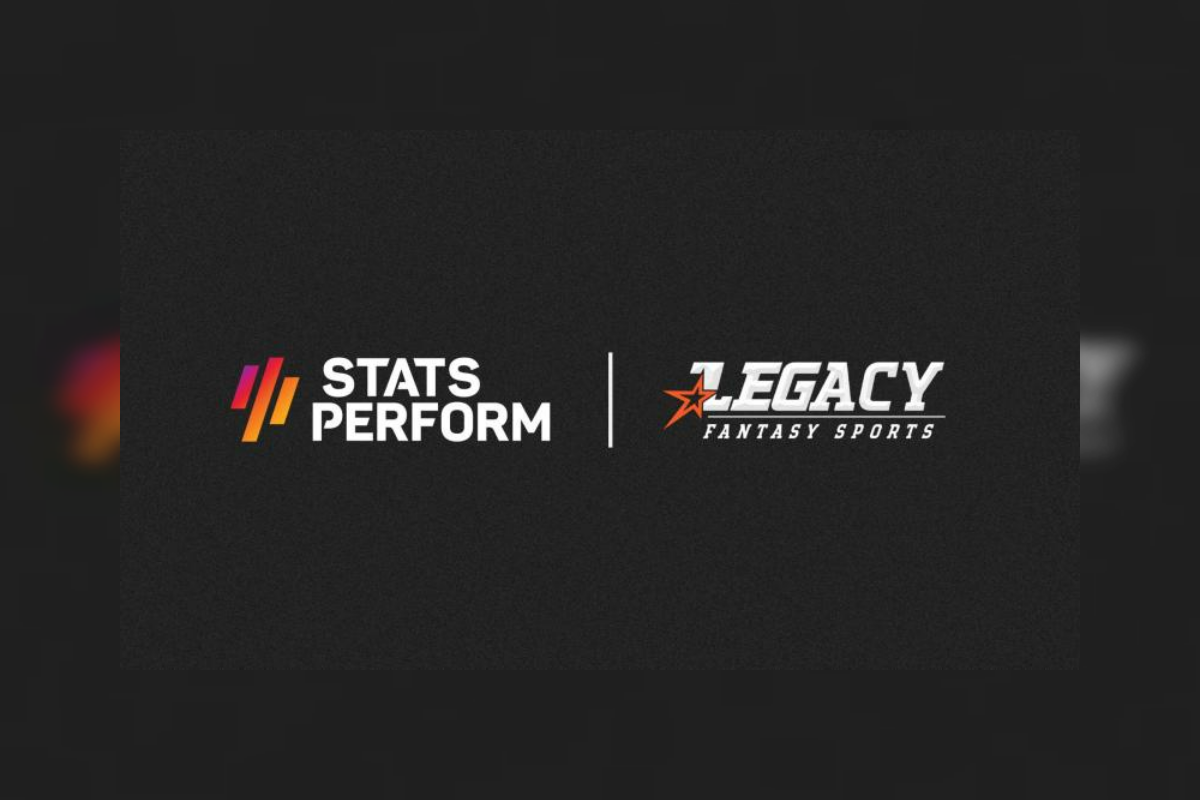
Pace-O-Matic Files Lawsuit Against Pennsylvania Bureau of Liquor Control Enforcement
Pace-O-Matic, which powers Pennsylvania Skill games, filed a lawsuit in Commonwealth Court against the Pennsylvania Bureau of Liquor Control Enforcement (BLCE), alleging it engaged in coordinated harassment against Pennsylvania Skill operators and location owners where these legal skilled games are played.
The company is seeking to permanently block BLCE from targeting Pace-O-Matic (POM) games along with the veterans’ organizations, fraternal clubs and small businesses where the games are located.
In one of the most damning parts of the complaint, POM alleges that BLCE has been in direct contact with the casino industry as part of a conspiracy to disparage POM and assist casino operatives in slandering POM. As documented in the complaint, a casino public relations operative contacted the Clearfield County District Attorney regarding a skill games seizure there as part of the alleged cooperative effort with BLCE.
“It is undeniable that BLCE officials coordinated with a for-profit company to harass POM and organizations and businesses where Pennsylvania Skill games are played,” said Mike Barley, spokesman for Pace-O-Matic. “This is a clear betrayal of the public trust by a law enforcement agency.”
The complaint alleges the following:
- Starting in 2018, BLCE began targeted harassment towards POM and its business partners.
- BLCE targeted only locations with Pennsylvania Skill games with threats and seizures. BLCE leadership, in fact, trained enforcement officers to differentiate Pennsylvania Skill games from competitors’ games, including training the officers on the colors and logos of Pennsylvania Skill. Locations with Pennsylvania Skill games received harsher treatment than locations with other gaming machines.
- BLCE leadership instructed bureau officers to misstate gaming law or court decisions in an effort to scare locations into removing their skill games. When those efforts failed, officers threatened citations that would lead to a loss of the location’s liquor license.
- BLCE – in conjunction with casino public relations personnel — recruited the Clearfield County district attorney to seize Pennsylvania Skill games. In fact, BLCE has been in contact with lawyers and lobbyists for casinos in a conspiracy to disparage POM and assist casino lobbyists in interfering in POM’s business.
- Some locations cited for maintaining skill games were contacted by BLCE lawyers, who offered to reduce citation fines in exchange for assistance in building a case against POM and Pennsylvania Skill.
- BLCE has contacted district attorneys throughout the Commonwealth to enlist prosecutors’ help in seizing Pennsylvania Skill games.
Operators of casinos in Pennsylvania, which are seeing record revenue, have opposed skill games for years, claiming they cut into casino profits. Research by a Villanova University economics professor, however, demonstrates that this is false.
Pennsylvania Skill operates games in locally owned small businesses such as bars, restaurants and convenience stores, along with fraternal clubs and veterans organizations.
Skill games can be won every time if the player uses mental skill and patience, unlike slot machines that are games of pure chance. In 2014, a Common Pleas court determined that Pennsylvania Skill games are legal because of the skill factor.
The complaint states that BLCE’s “conduct is all the more remarkable, and wrongful, because the Bureau has never articulated a factual or legal basis for maintaining that the Skill Game is an illegal gambling device” following the 2014 court decision.










